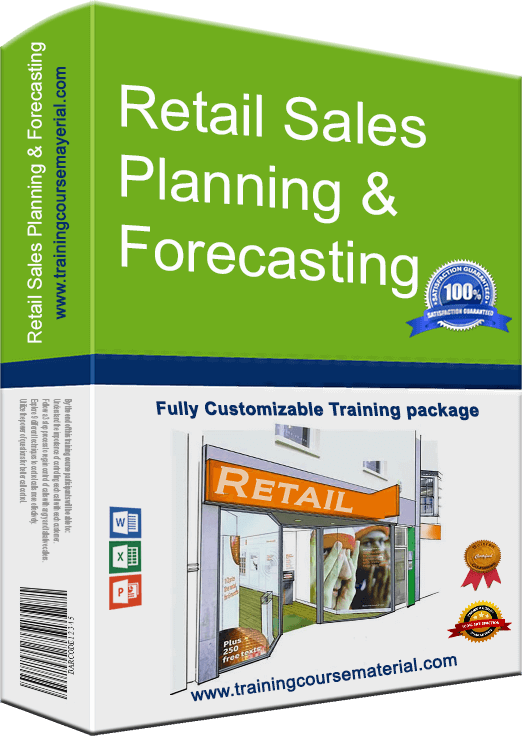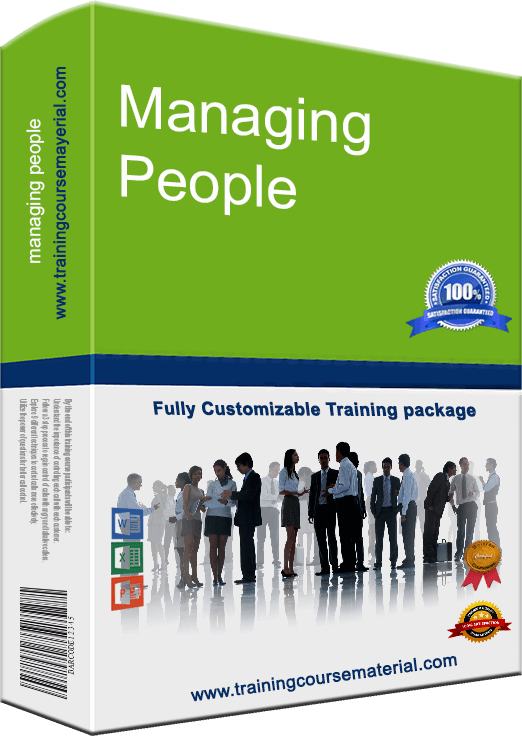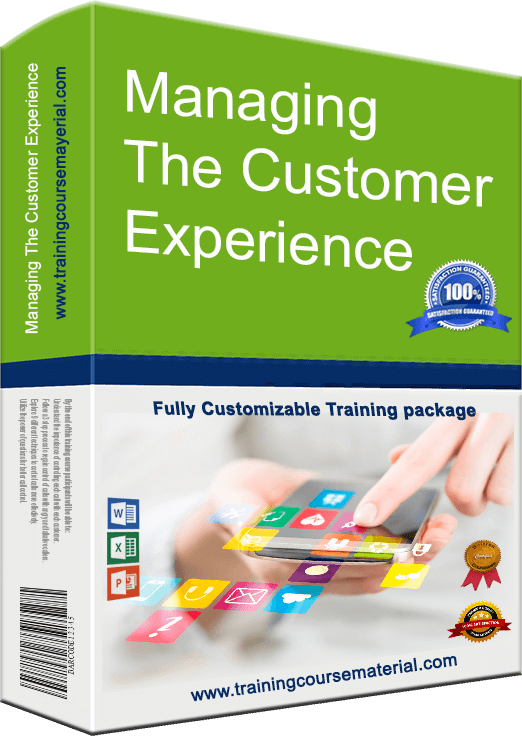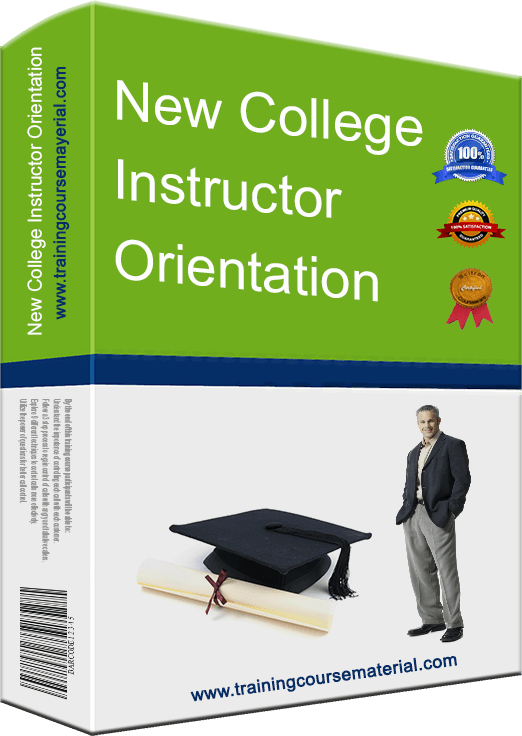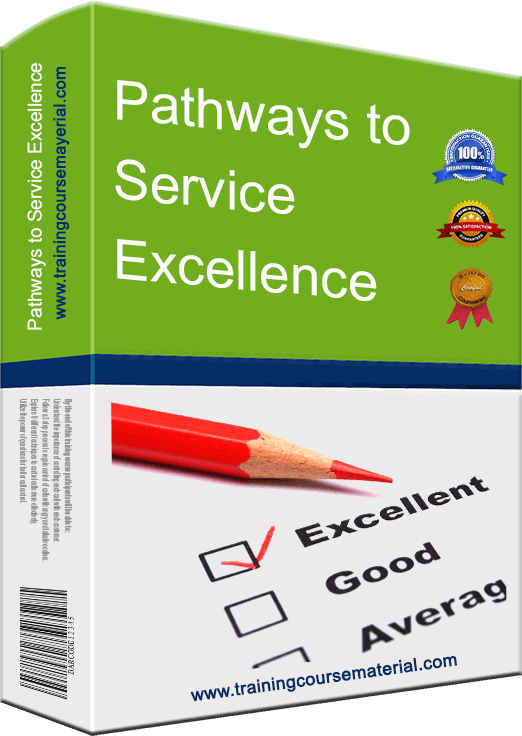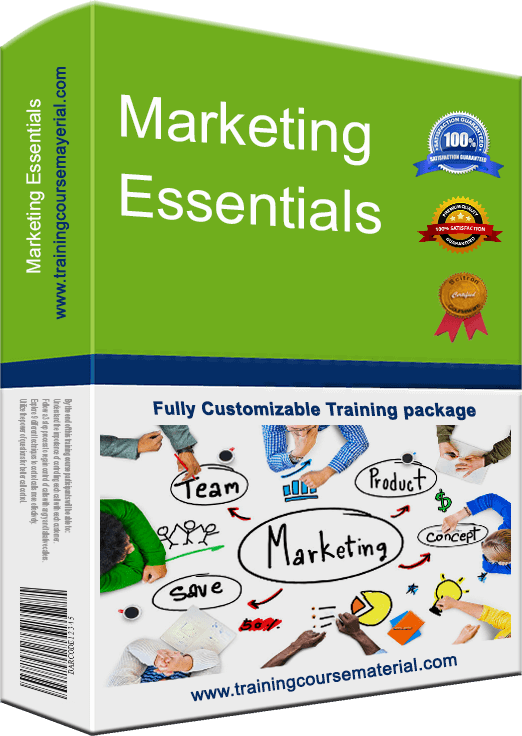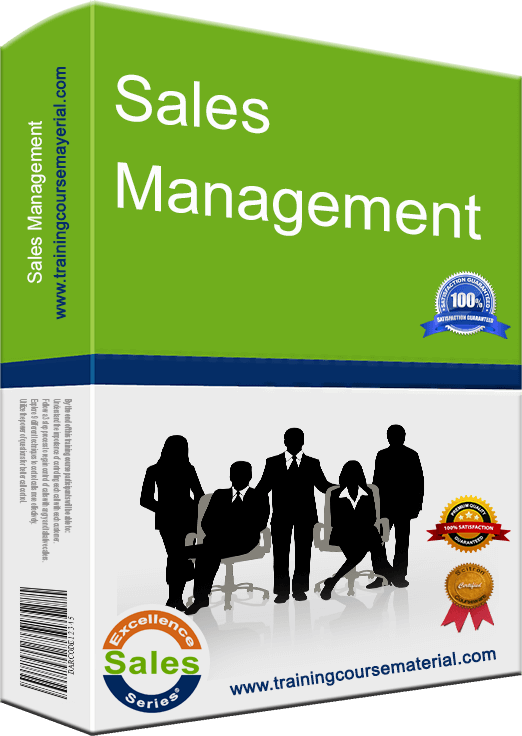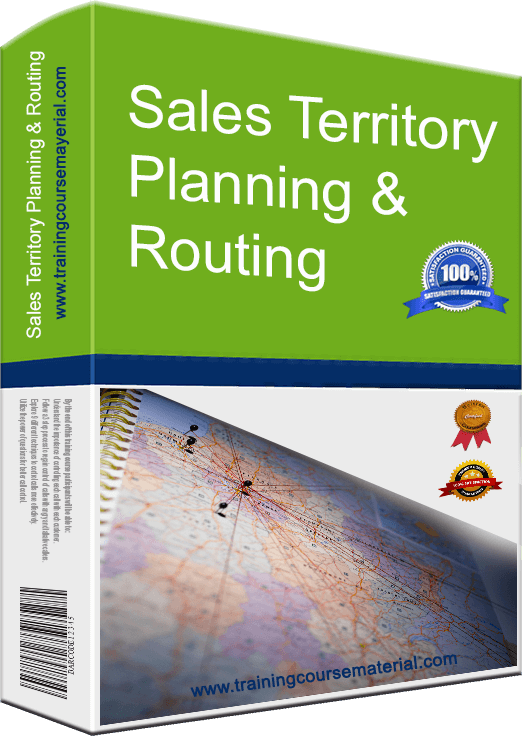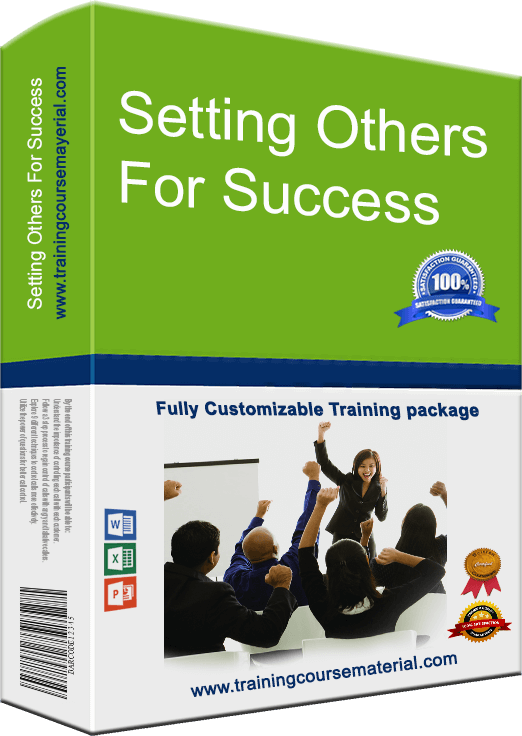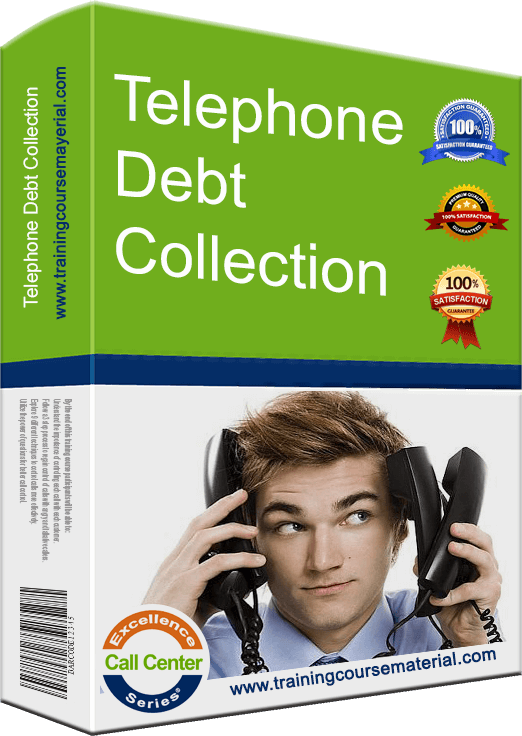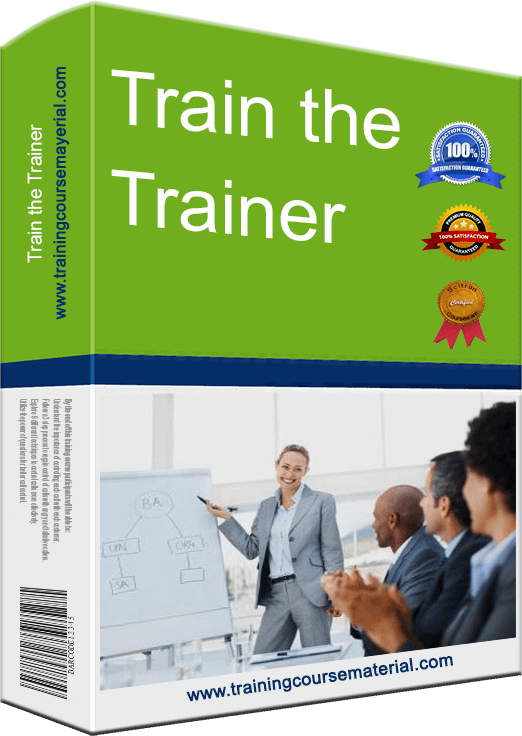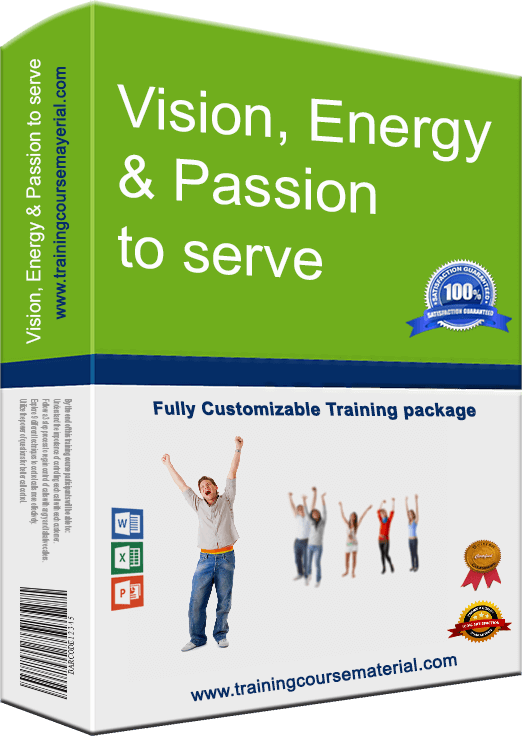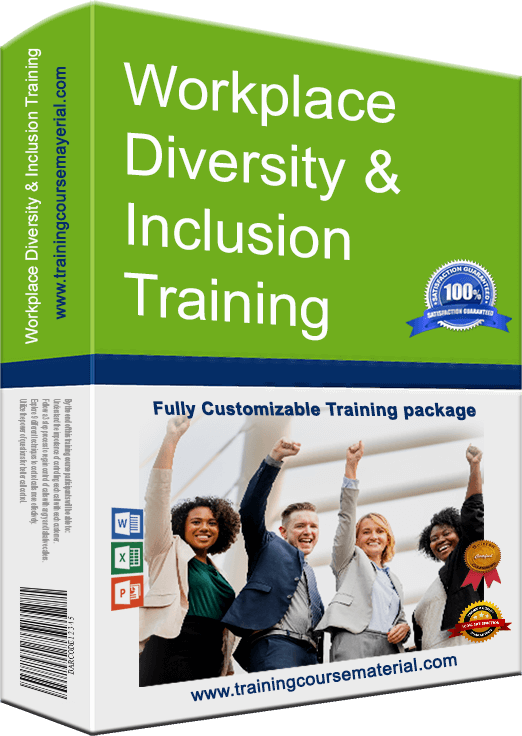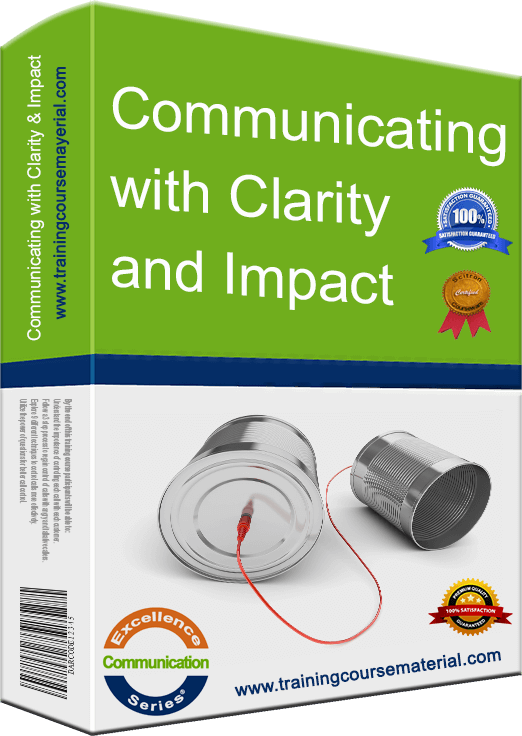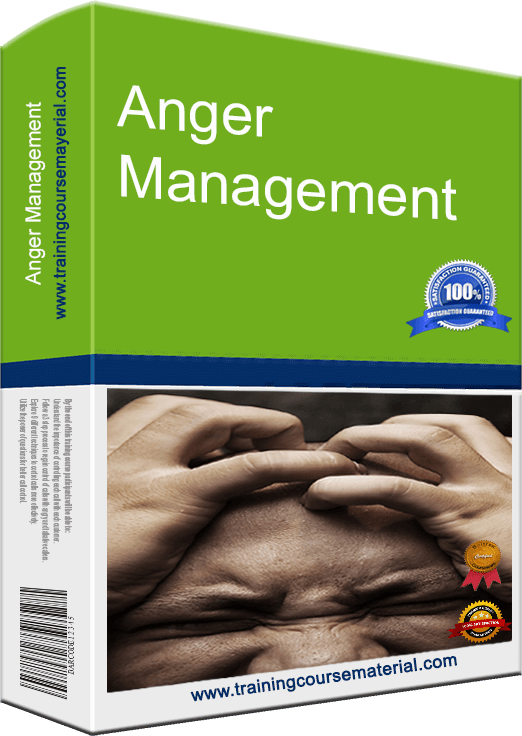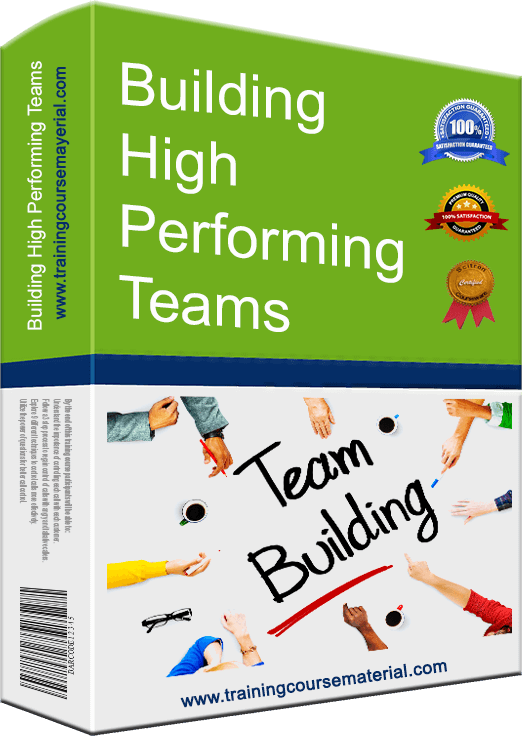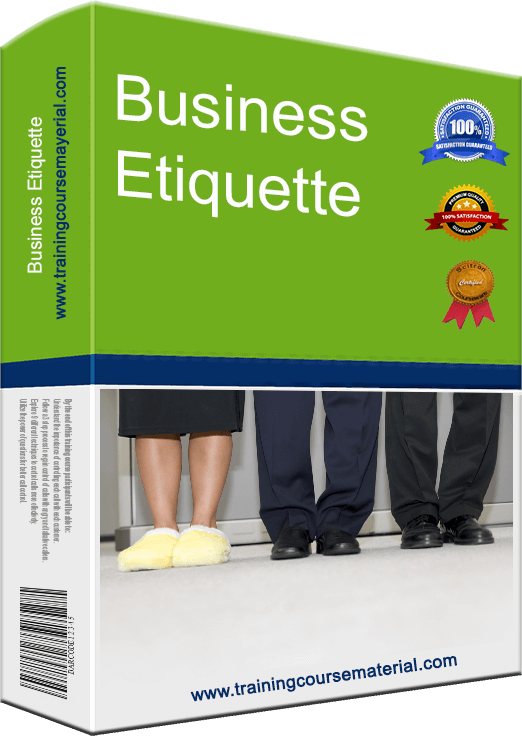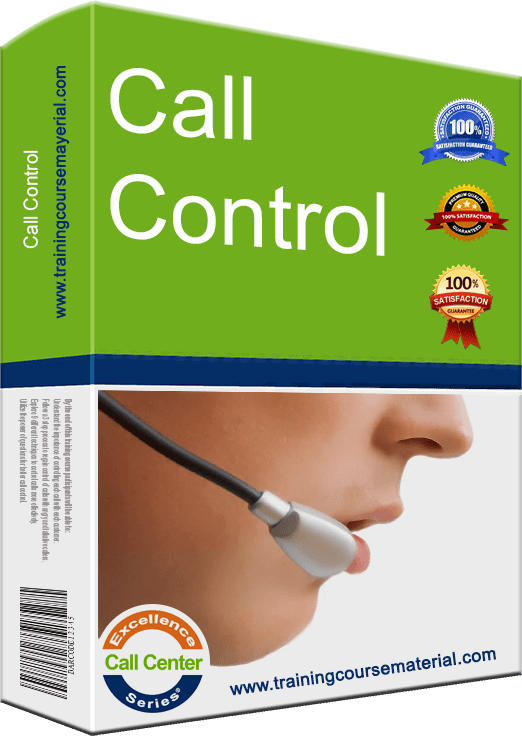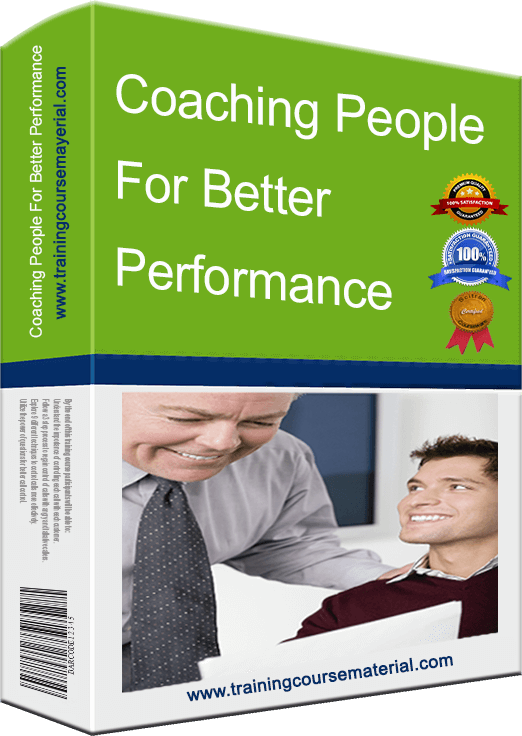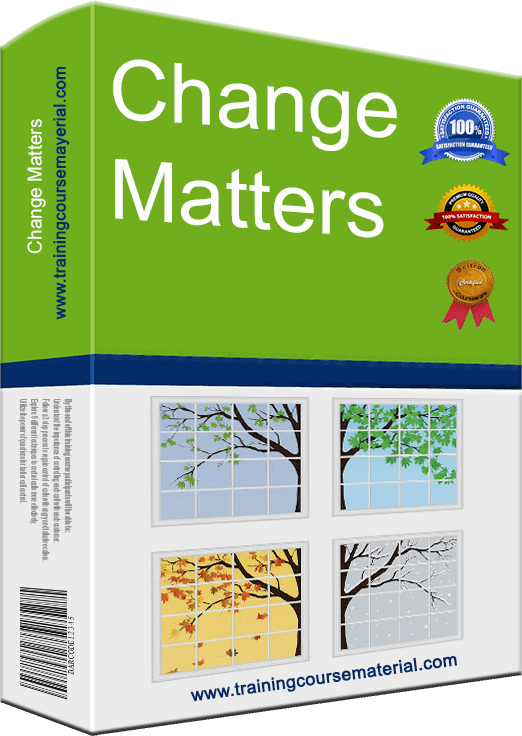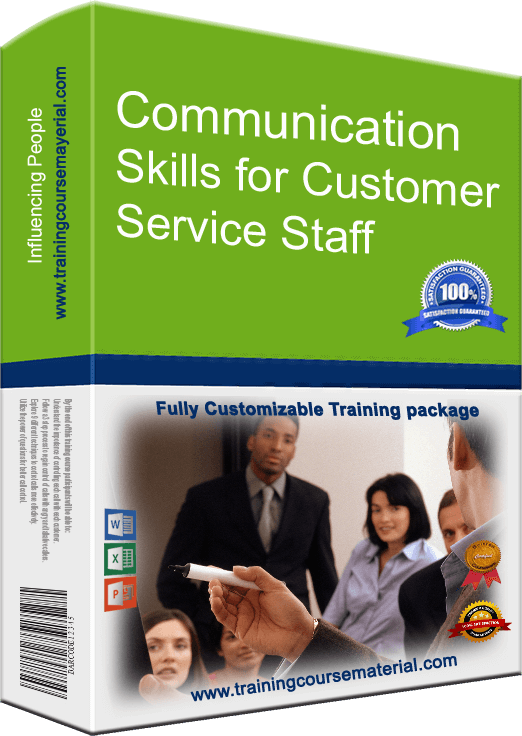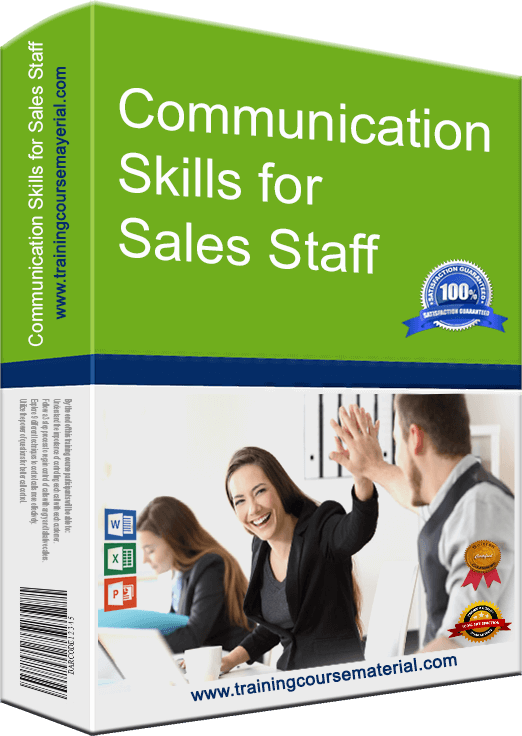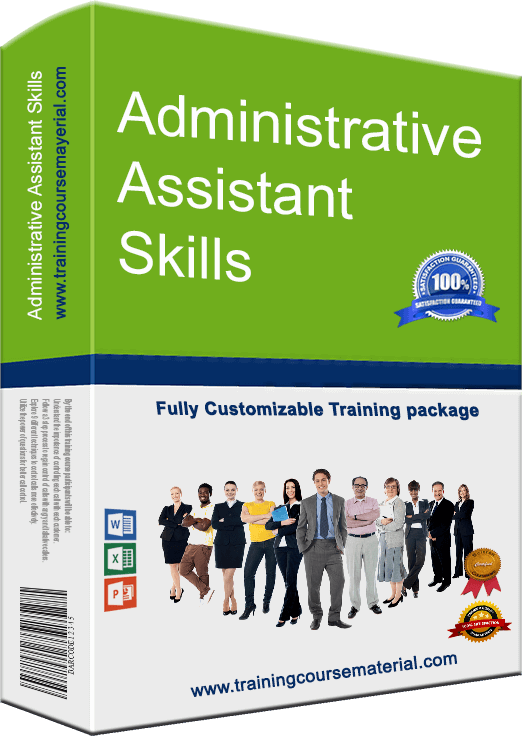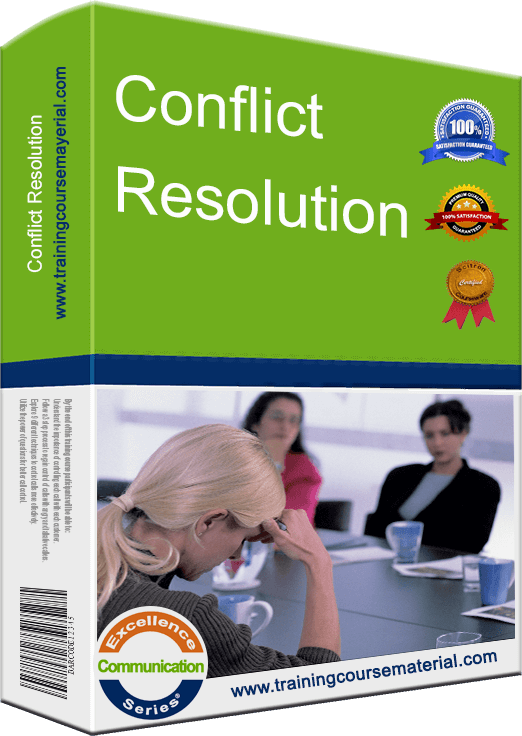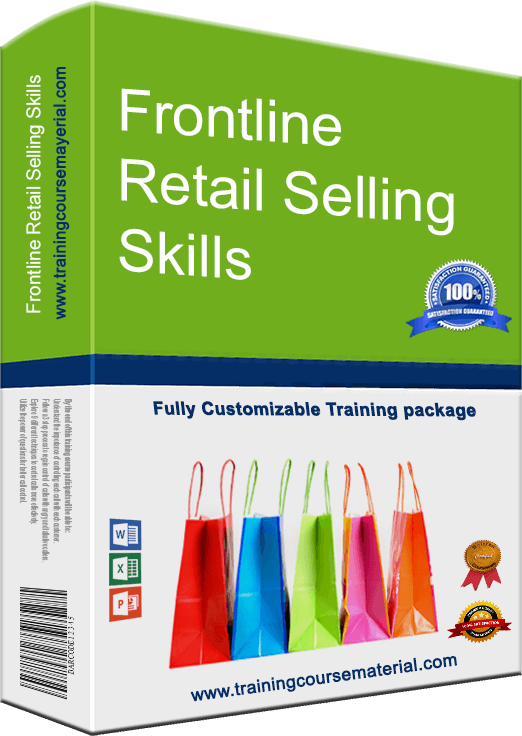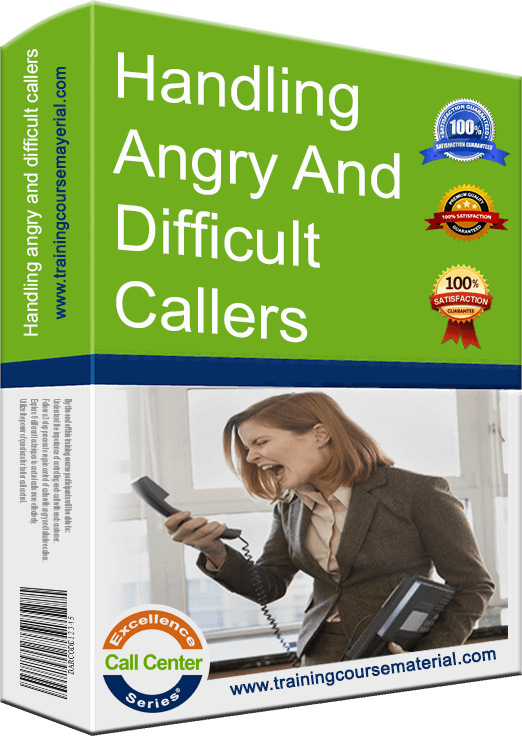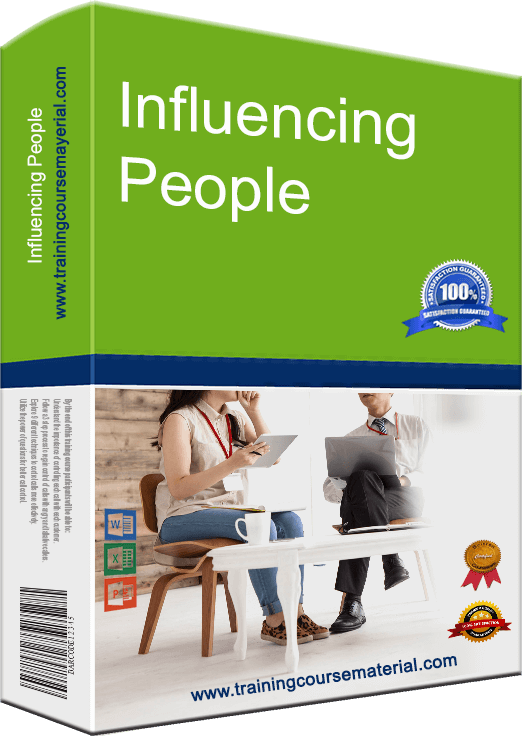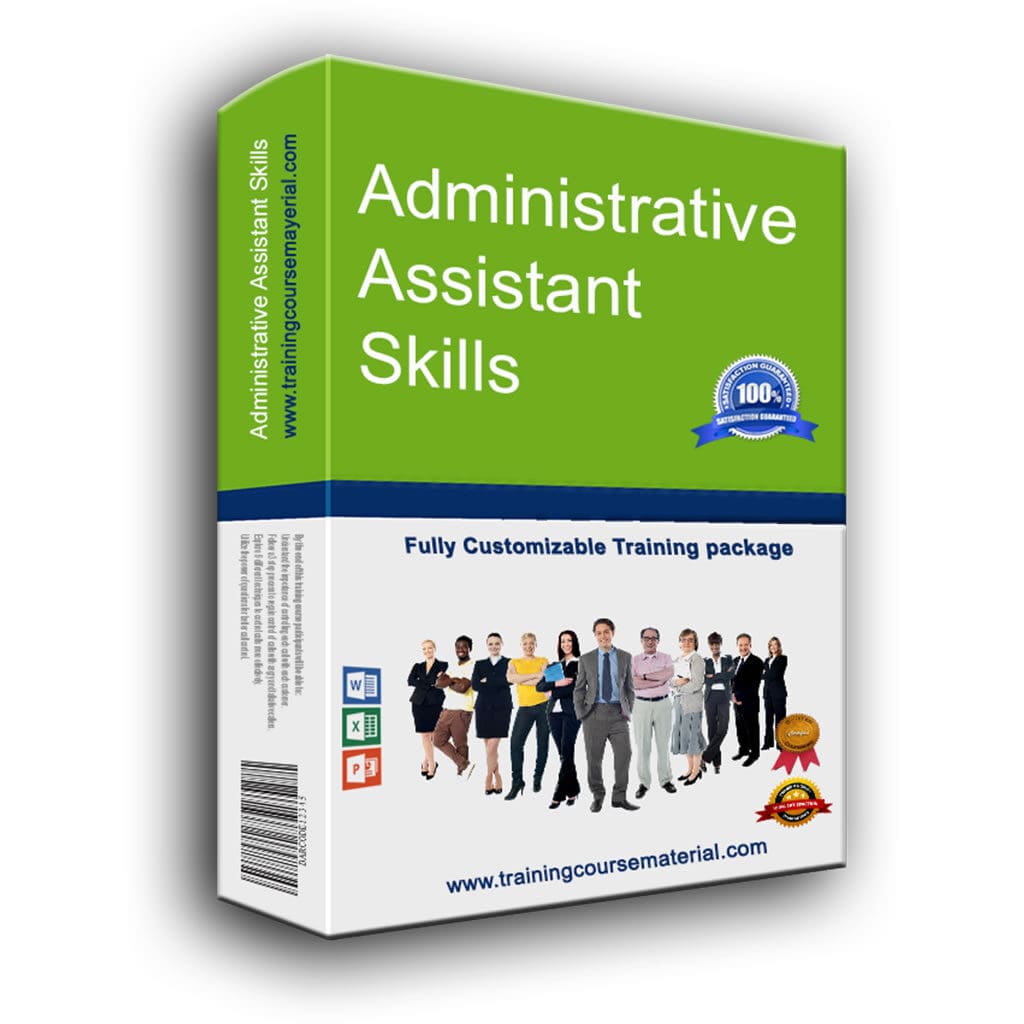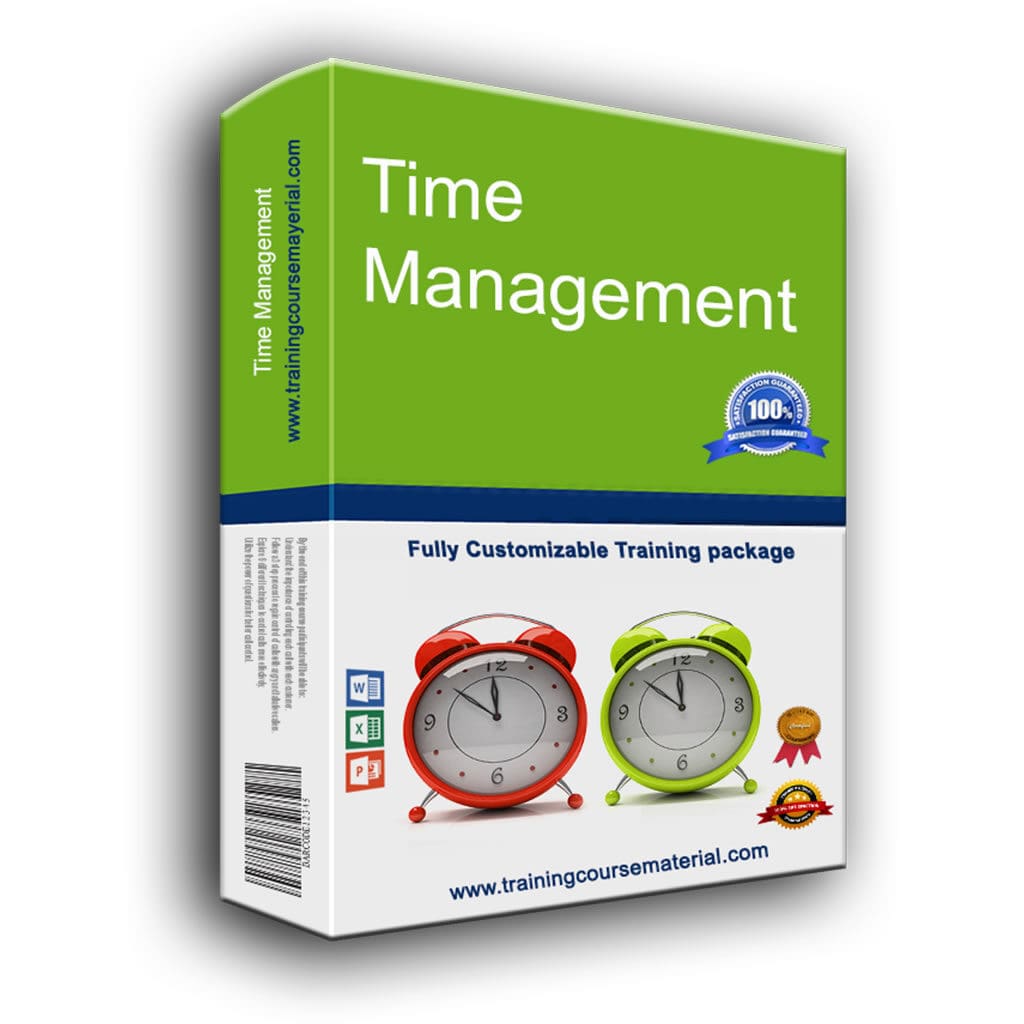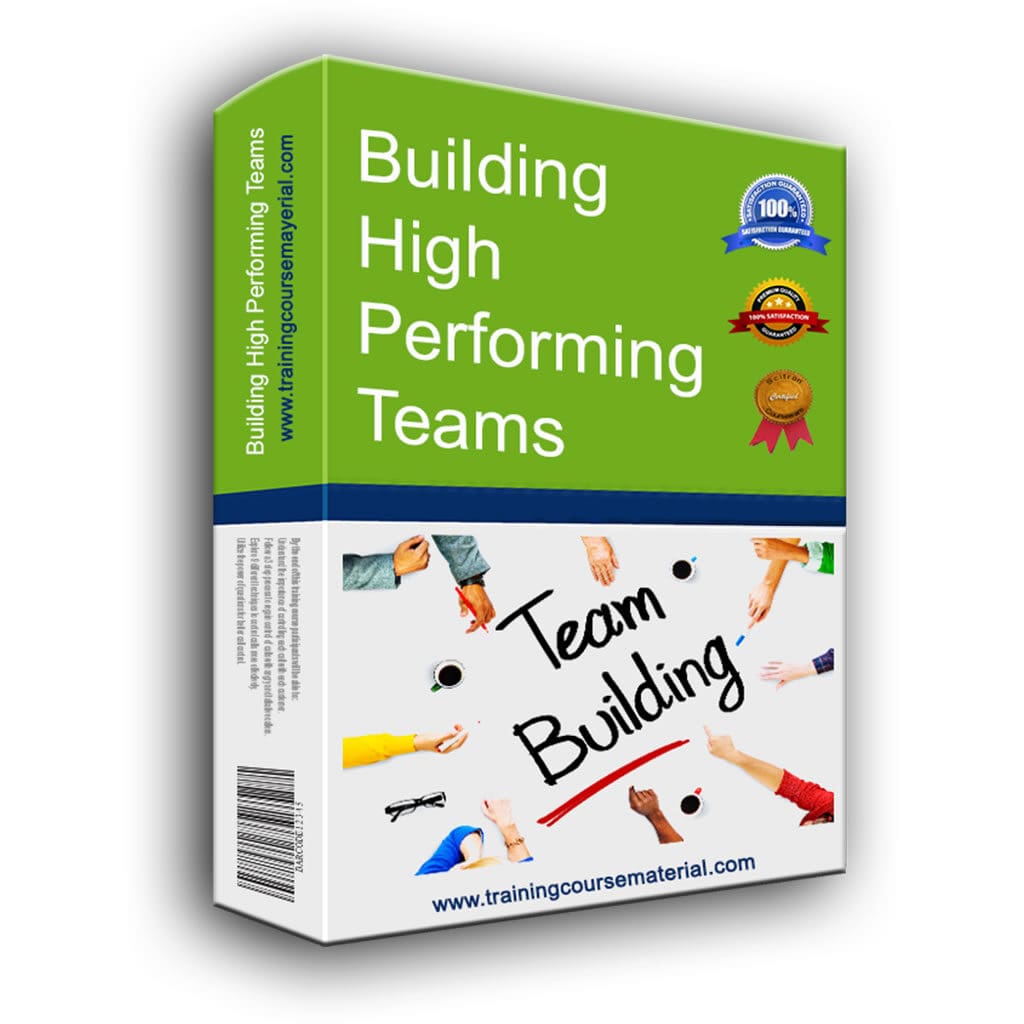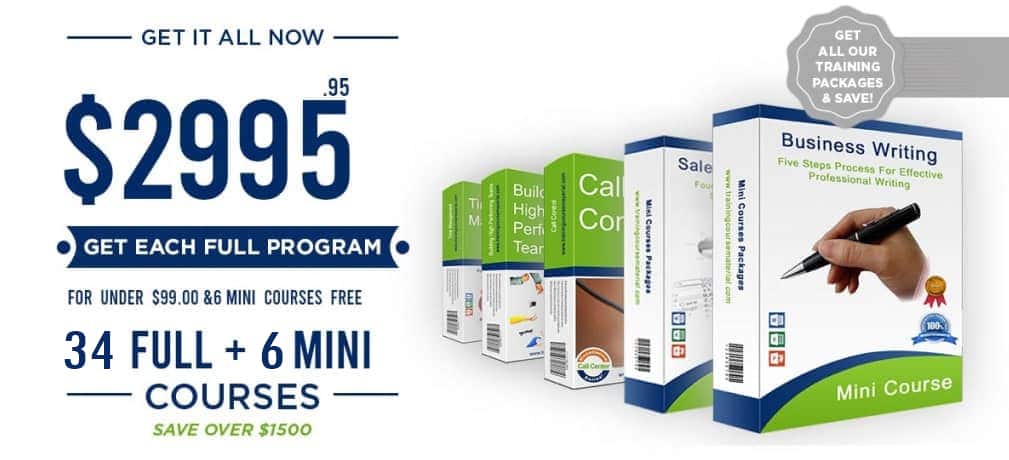Asking Questions
Questions develop understanding & deeper relationships
Questioning allows us to gather information from others. When done skilfully this enables us to really get to the heart of things very quickly. It develops understanding and deeper relationships. However, like listening it is a skill that we need to improve. And if you are a sales or customer service professional, asking good questions helps not only to know exactly what your customer wants, but also build better rapport with customers as well.
Types of Question:
There are really only two types of question, open and closed, but subordinate types can be used for specific purposes. Whilst no one wants to sound mechanical when asking questions it can be useful to be aware of the different types.
Open Questions
Usually start with words such as How? What? Where? When? Why? Who? Which? And cannot be politely answered by simply saying “Yes” or “No”. Try it.
They are used to engage people in a transaction and to draw information out.
Closed Questions
These usually expect the answer “Yes” or “No” and are good for establishing facts using words such as Do you ..? Will you ..? Can you ..? Is it ..?
They are leading questions but as long as they are not threatening, intensive or too challenging can help build co-operation.
Fact Finding Questions
These tend to be closed questions to establish facts - “How many staff do you have?” “Which is the best road to take from here?”
Clarifying Questions
You rephrase things so you understand better – “Am I right in saying …?” “Are you saying ..?”
Developmental Questions
These increase the amount of information you gather – “Can you expand ..?” “Could you give me an example ..?”
Testing Questions
These are used to assess a person’s position and are usually closed questions – “Is that important to you?” “What is your reaction to that?”
Mirror Questions
Repeating part of what a person has said to develop a clearere understanding of what they want.
“I could help you if I had enough materials.”
”Enough materials?”
“Yes. Paper, pens, computers …”
Closing Questions
Used to draw a discussion to a close or close a sale – “So, what’s the next step?” “Which colour would you like?”
If you are going to frame questions then you need to know that open and closed questions start with specific words...
Question Types – When to use them and when to avoid them
Question/response |
Useful |
Not useful |
|
OPEN "What happened ....." Encourages the individual talk.
|
Most openings To explore areas and gather information |
With talkative individuals. Where discipline is required, or time short. |
|
PROBING "Exactly what happened next?". Vital for detail; follows 'open' Q. to clarify what the individual means.
|
Checking information |
Exploring emotionally charged areas. |
|
CLOSED "Was it delivered on Tuesday?" Narrow; establishes specific points and facts.
|
Probing single facts |
Gaining information in broad terms. |
|
REFLECTIVE "You feel upset about the situation. Very powerful. Repeat back verbatim the emotional content of a person's statement.
|
Problem solving. Emotionally charged situations |
Checking information and facts. |
|
LEADING "I suppose you're sorry now are you?" Invariably leads to the answer you expect.
|
Gaining compliance |
Gaining information about an individual. |
|
HYPOTHETICAL "What would you do if...?" Posing a hypothetical situation in the future.
|
Getting customers to consider new products, procedures or a solution to the problem |
With individuals or situations need time to give a reasoned reply. |
|
LINK QUESTIONS/SIGNPOSTS. "That's interesting but I'd like to move onto look at ...."
|
To change directions |
Can be used too soon before the topic has been satisfactorily explored. |
|
MULTIPLE String of questions/responses
|
NEVER |
ALWAYS |
Advanced Questioning:
It is possible to become even more focussed in asking questions.....this can be done by thinking about which category of question you want to use and then an appropriate question.
Categorising Questions
It seems that every sales or customer service training program includes a section on questioning. Most people are therefore aware of the difference between open and closed questions.
Knowing the difference is a great start; using questions effectively at the right time and in the right way is another. To help focus on asking the right question at the right time – neither closed or open questions are ‘good’ all the time – try using this question categorisation technique.
The four categories are: WOQ NOQ TOQ SOQ
1. WOQ Wide open questionsThese are the questions that get loads of information and get a conversation going. e.g. Tell me about your job? How do you spend your time at the weekend?
|
2. NOQ Narrow open questions
How much do you usually pay each month? How hungry are you? |
3. TOQ Two option questions
Which phone are you going for, the Nokia or the Motorola? Shall we have a Chinese take-away or fish and chips for supper?
|
4. SOQ Single option questions
Do you currently own a mobile?
Are you coming for a drink after work?
|
Putting it all together in a funnell
Deciphering the ‘true’ message relies upon the skills of listening actively / protectively and asking the right questions. ‘Funnelling’ is a tried and tested technique which can be used to get to ‘the heart of the matter.’
Funnelling Technique
The opening question gains a broad general answer. By listening for key words or feelings you seek more specific information by asking a probing question. The questioning follows progressively until you have a clear understanding and all the information you require.
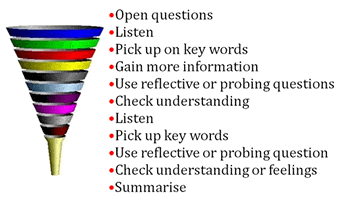
The final stage is to summarise the information gained to ensure that you have a clear understanding.
Colleagues who are quiet and unwilling to talk can be encouraged by using supportive statements, like 'that's interesting', or noises like 'Uh huh'. Repeating key words also encourages the customer to give more detail, without you asking too many questions.
If you are faced with someone who does not stop talking and does not get to the point - ask closed questions.
For more on communication skills, Check our our Communicating With Clarity & Impact Instant Download Training Material Package.
Communication skills Related Articles

34 Full Courses & 6 Mini Courses
Get all available programs
& save ...!!
Price: $4499.95 $2995.95
Great Value For Money
Read More
Are You a
Visual, Auditory or Kinaesthetic ?
How well do you
cope under
pressure?
.
Are You A
people person?
.
Forward looking, or
Stuck in a time
warp?
How content
are you?
.
How soft-centred
are you?
.
Find Out
Your Leadership
Style
How
Emotionally intelligent are You ?

|
+ | 
|
The Presenter-Trainer Package®
Train The Trainer
Presenting With Impact
Price: $359.95 $299.95
SAVE $59.95
Read More
Retail Excellence Series®
3 Complete Courseware
Packages in 1
Frontline Retail Selling Skills
Retail Sales Planning & Forecasting
Passionate Retail Experts
Price: $539.855 $349.95
Pay for 2 Get 1 Free
Read More
Sales excellence series®
3 Complete Courseware
Packages in 1
Sales Management
Professional Selling Skills
Sales Territory Planning & Routing
Price: $539.855 $349.95
Pay for 2 Get 1 Free
Read More
Call Center Excellence Series®
4 Complete Courseware
Packages in 1
Handling angry and difficult callers
Call control
Find a way to say YES!
Successful telephone debt collection
Price: $719.95 $449.95
Pay for 2 programs and Get 2 programs Free
Read More
Communication Excellence Series®
4 Complete Courseware
Packages in 1
Communicating with clarity and impact
Negotiating for results
Conflict resolution
Presenting With Impact
Price: $719.95 $449.95
Pay for 2 programs and Get 2 programs Free
Read More
Customer Service Excellence Series®
5 Complete Courseware
Packages in 1
Vision, Energy & Passion To Serve
Pathways to service excellence
Find a way to say YES!
Passionate Retail Experts
Setting others up for success
Price: $899.75 $599.95
Pay for 3 Get 2 Free
Read More
Instant Download
Training packages
Price: $199.95 $179.95
No matter who you are, we all have 168 hours each week. Your ability to best utilize those 168 hours will ultimately determine your success. Using self-discovery, hands-on activities and innovative concepts, throughout this high energy training program, participants will learn how to get better control of their time and their life in general.
Price: $199.95 $179.95
A highly engaging one-day training program packed with a plethora of fun activities and games focusing on the key characteristics of high performing teams.
Price: $199.95 $179.95
All you need
to deliver a great training!
Our training material packages come with all you need to provide
a professional and accelerated learning solution with

High Impact
Power Point Slide Deck
To support immersive learning, a high impact professionally designed power point slide deck to engage trainees at all levels.

Student
Workbook
A comprehensive reference workbook you can give out to your class participants as a quick future reference.

Trainer
Guide
With step-by-step clear directions with tips and suggestions on what to say and how to present each slide.

Activity
/Exercise Sheets
Various training material and support documents to help you both explain and debrief the different exercises, activities and games Plus a fun final Jeopardy style review game as a fun ending for your training program.

Additional
Support Documents
To ensure you have all you need to deliver a complete and professional training program, additional supporting documents are included with each full course material package. From training evaluation forms to 5 different certificate templates that you can edit and hand out to your participants at the end of your training.

Job Aids
& Forms
Specific forms designed to extend and reinforce the training that participants can utilize back on the job to help them apply the new learned concepts (Select training material packages)

